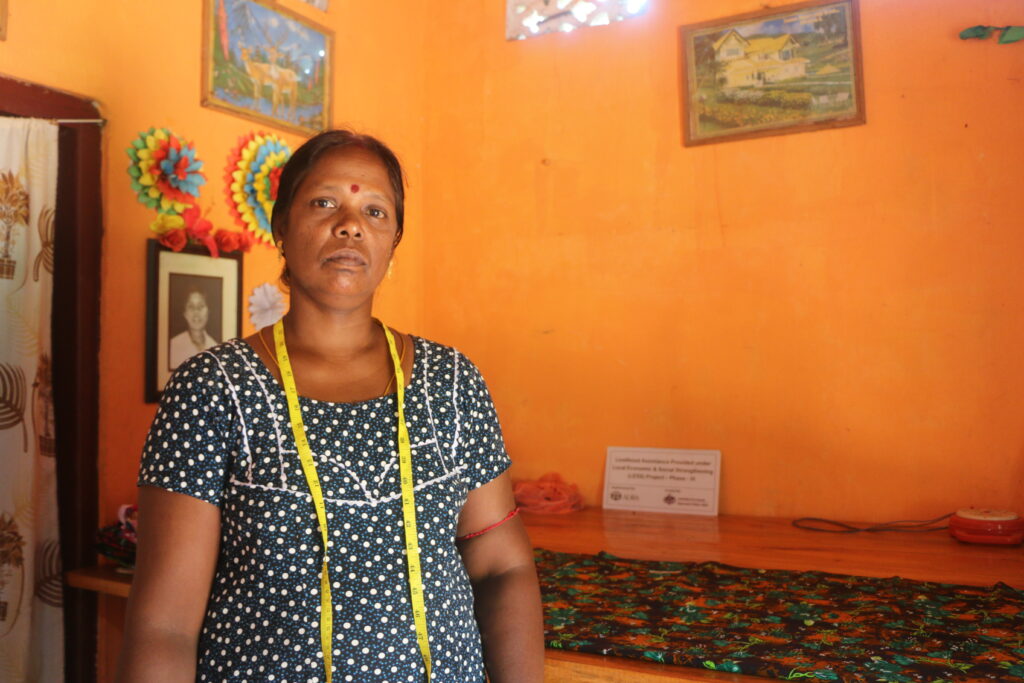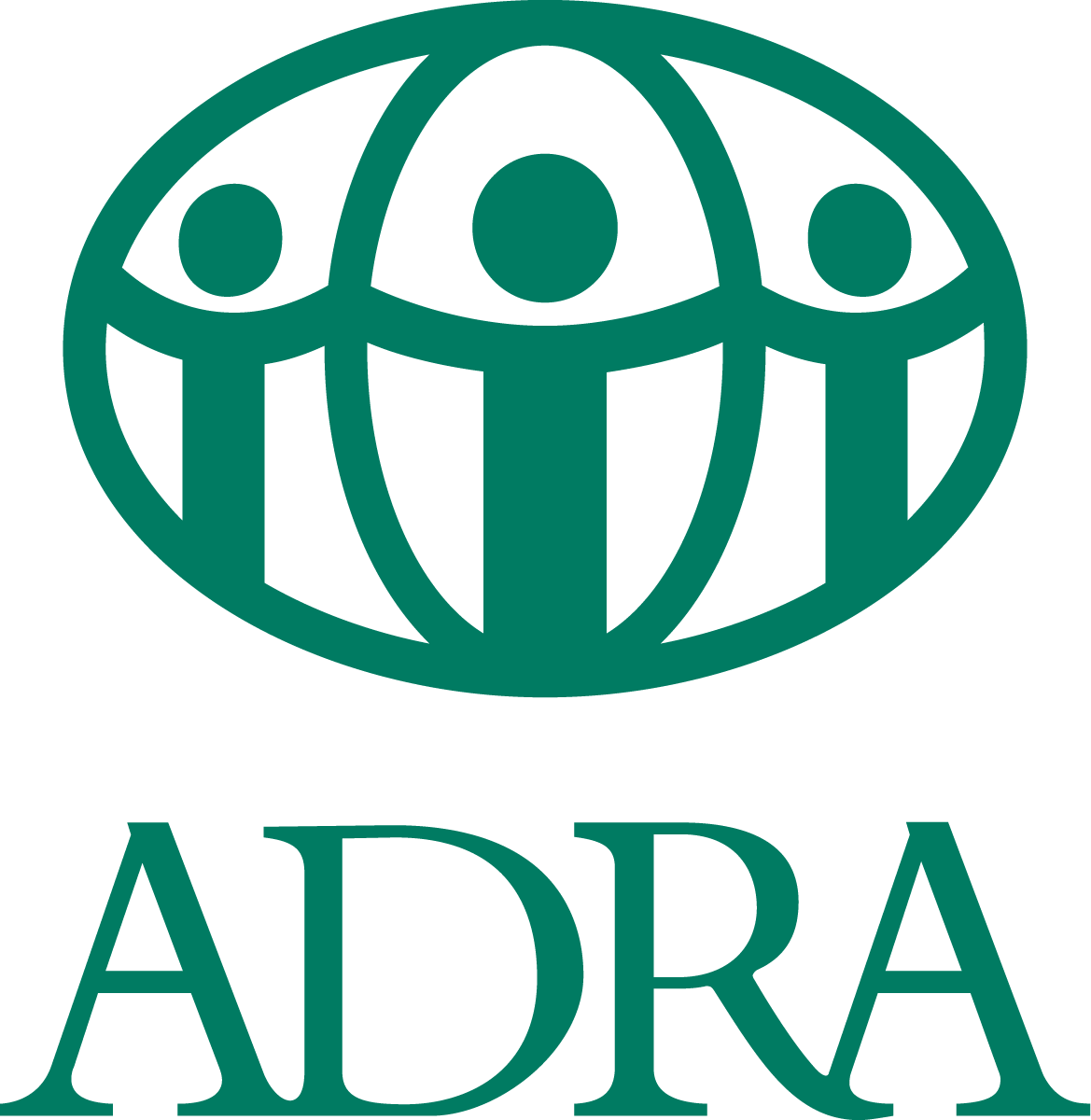According to the 1951 Refugee Convention, a refugee is defined as: “someone who is unable or unwilling to return to their country of origin owing to a well-founded fear of being persecuted for reasons of race, religion, nationality, membership of a particular social group, or political opinion.”

Once the immediate needs of refugees who have arrived at a host country/location have been addressed, a longer-term solution needs to be looked at. The UNCHR promotes 3 core solutions for refugees that is accepted by the world at large when responding to refugee needs. The 3 solutions are:
Voluntary Repatriation – Voluntary repatriation may be one solution for refugees who have made the brave decision to return home.
Local Integration – Another alternative for those who are unable to return home is integration within the host community.
Resettlement – For those who cannot return, either because of continued conflict, wars or persecution, resettlement in another country is one alternative.
As per Jubilut, L L and Madureiral, A L (2016) there are 8 principles that give a general framework for these durable solutions to be based on:
- Perceiving durable solutions as protection
- Respecting the human rights principle of non-discrimination
- Commitment to not establishing limitations on human rights
- Balancing States’ interests and refugees’ needs
- Prioritising the best interests of refugees
- Involving refugees in seeking and implementing durable solutions
- Seeing durable solutions as part of a non-hierarchical toolbox
- Choosing the best solution for each case
Three decades of war left its mark on Sri Lanka which is much more clearly seen and felt in the Northern Province. The challenges that was faced by the province after the conclusion of the war in 2009 ranged from damaged and or non-existent infrastructure, constrains in reclaiming lands, lack of employment opportunities, deterioration of social services to lack of social cohesion, psychological trauma and more. The issues affecting refugee returnees and the communities they are more prone to settle in (Northern and Eastern Provinces) are multiple and complex, requiring an economic boost and strengthening of community social capital. When their needs and wants are being left unanswered for over a decade, these communities opt to relocate and some to attempt illegal migration.
According to the Institute of Policy Studies (IPS) of Sri Lanka; Australia, U.K., France, Netherlands, and Canada see the highest numbers of irregular migrants from Sri Lanka. In fact, during the period of 2011-2012, 11% of all Irregular Maritime Arrivals (IMA) from Sri Lanka happened in Australia. During the time of the war, India was one of the countries where many refugees sought asylum in. Since 1983 it is noted that approximately 130,000 sought refuge in host countries. At present 18,952 families (approximately 72,018) live in 106 refugee camps in Tamil Nadu with another 13,553 families (approximately 51,501individuals) living as Non-camp refugees.
While repatriation back to their home countries is one of the most preferred options of refugees, there are many challenges that oppose the realization of this excluding the most obvious reasons such as continuing conflicts, persecution etc (the initial reason/ cause for people to flee their home countries).
All of the challenges listed below have been identified and validated through ADRA Sri Lanka and ADRA India’s experience in implementing a series of projects specifically targeting refugee returnees from India to Sri Lanka.
- Lack of legal documentations such Birth certificates, National Identification Card etc
- Processing Citizenship (this is an especially critical issue for children born in India to Sri Lankan parents who are in refugee camps)
- Processing other Civil documentation such as education qualifications
- Lack of information and misinformation – Lack of information about employment and economic situation of the home country was identified as a cause for refugee families to return to a home country that is not favorable towards their resettlement
- Political Situations where refugees prefer to return to a country whose government is favorable towards their plight
- Lack of a means of travel and transport (One of the findings of ADRA Sri Lanka and India was that the refugees in India who had accumulated belongings faced difficulties in bringing their belongings back to Sri Lanka when returning due to the limitations of baggage allowance by airlines. This is also linked to the situation (due to the spread of the COVID-19 Pandemic) at hand where more than 300 refugee families in India have processed the required documentation and gone through the processes necessary for their return to Sri Lanka but their means of travelling back to Sri Lanka is currently not a viable option due to the COVID-19 Pandemic.
At present, ADRA Sri Lanka (in partnership with ADRA India) works mainly with refugees through the durable solution of ‘Voluntary Repatriation’. ADRA Sri Lanka and India have been mainly working with Refugees in India and Refugee Returnees in Sri Lanka through a series of projects funded by the Australian Government. Through the project, ADRA has been able to support more than 600 individuals with acquiring and correctly processing the necessary documentation for repatriation leading to their successful return to Sri Lanka.
In Sri Lanka, ADRA has been working on creating a conducive environment for the integration of these returnee families into the respective societies through various interventions varying from community campaigns and advocacy to improving the economic conditions of the communities to support them in increasing their quality of life.
Written By: Florentia Amarasinghe
Photo: © 2021 ADRA Sri Lanka
*This article was featured as the Technical Focus in ADRA Asia Regional Office’s quarterly Magazine ADRA Asia Focus Vol 1 | No 1*
Visit the ADRA Sri Lanka website to learn more: https://adrasrilanka.org/
